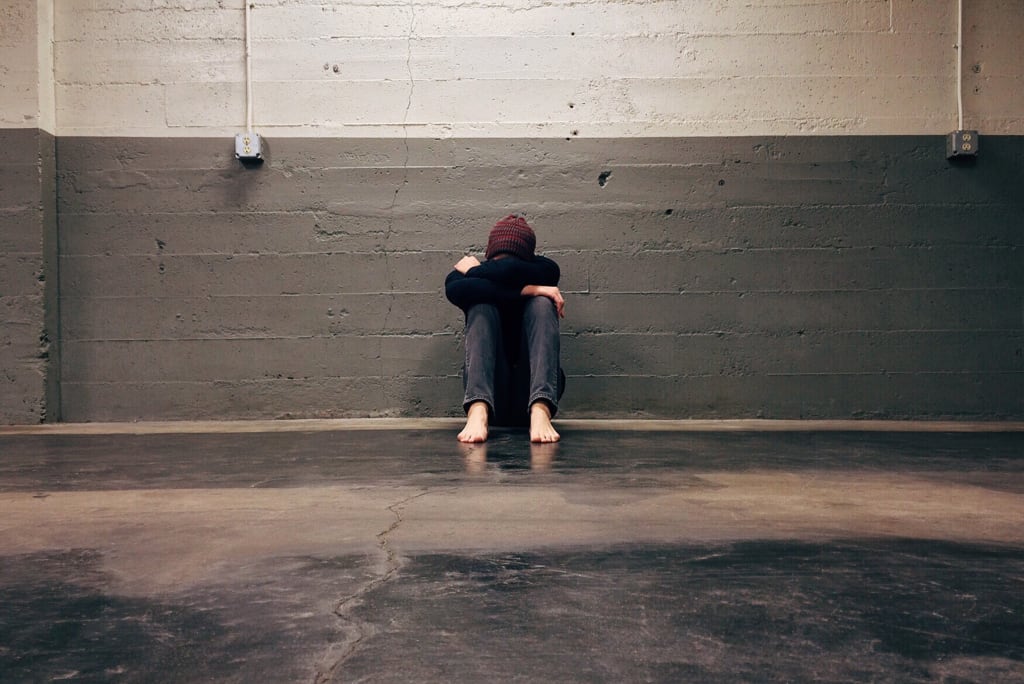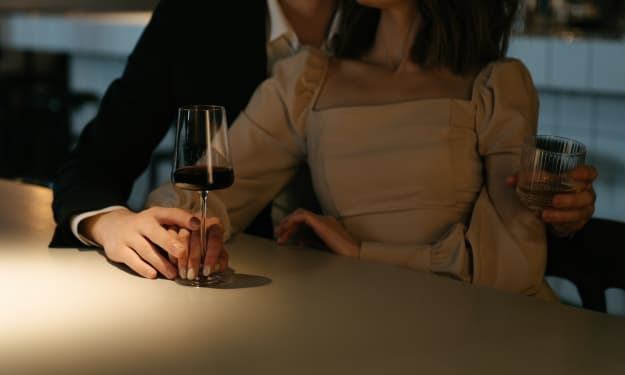Home Remedies for Anxiety Attacks
Embracing Calm: Discover Natural Home Remedies for Anxiety Attacks

Living with anxiety is challenging, but there are natural remedies that can help manage anxiety attacks.
In this article, we'll examine some home treatments for stress relief. Anything from herbal drinks and dietary supplements to yoga poses and meditation methods
Discover the best ways to reduce anxiety and take back control of your health.
I. Natural Ways to Reduce Anxiety
In this section, we will discuss general lifestyle changes and techniques that can effectively reduce anxiety levels.
Prioritize Self-Care
- Practice regular exercise to release endorphins and reduce stress.
- Ensure you're getting enough sleep to support a healthy mind and body.
- Engage in activities you enjoy and find relaxation in hobbies.
Maintain a Balanced Diet
- Consume foods rich in omega-3 fatty acids, such as salmon and walnuts, which have been linked to reducing anxiety symptoms.
- Limit the consumption of caffeine and alcohol, as they can increase anxiety levels.
II. Best Natural Supplements for Anxiety
Explore the natural supplements that can help alleviate anxiety symptoms effectively.
Ashwagandha
Ashwagandha is an adaptogenic herb that may help reduce stress and anxiety by balancing cortisol levels.
Lavender
Lavender supplements or essential oils have calming properties that promote relaxation and reduce anxiety.
Lemon Balm
An herb known for its soothing effects, it can also help alleviate anxiety symptoms when taken as a supplement or tea.
Magnesium
It is an essential mineral that plays an important role in the body’s stress response. It can help reduce anxiety and promote relaxation.
Curcumin
It is the active ingredient in turmeric, a spice commonly used in Indian cuisine. It has been shown to have anti-inflammatory properties and may help reduce anxiety
III. How to Use CBD Oil for Anxiety
CBD oil has gained popularity for its potential anxiety-relieving properties. Here's how you can use it effectively:
Understand CBD
CBD, or cannabidiol, is a compound found in cannabis plants that does not produce a high. It interacts with the endocannabinoid system to potentially reduce anxiety symptoms.
Choose High-Quality CBD Oil
Look for CBD oils that are third-party tested and derived from organic hemp to ensure purity and potency.
Start with Low Doses
Begin with a low dosage and gradually increase it until you find the right balance for your anxiety symptoms.
Consult with a Doctor
Before using CBD oil, it is important to consult with a doctor to ensure that it is safe for you to use and will not interact with any medications you are taking.
Research Different Types of CBD Oil
There are many different types of CBD oil available, including full-spectrum, broad-spectrum, and isolate. Researching the different types can help you choose the one that is best for your needs.
Consider the Extraction Method
The extraction method used to produce the CBD oil can affect its purity and potency. Look for oils that use CO2 extraction or ethanol extraction methods.
Check the THC Content
While CBD oil does not produce a high, it may contain trace amounts of THC. Look for oils that have less than 0.3% THC to ensure that they are legal and safe to use.
IV. Herbal Teas for Anxiety
Herbal teas have long been used to calm the mind and body. Here are some anxiety-reducing herbal teas to consider:
Chamomile
Chamomile tea is known for its relaxing properties, which can promote better sleep and reduce anxiety.It is also believed to have anti-inflammatory and antioxidant effects.
Peppermint
Peppermint tea has a refreshing taste and can help alleviate anxiety symptoms by relaxing muscles and promoting digestion.It is also believed to have antibacterial and antiviral properties.
V. Yoga Poses for Anxiety Relief
Yoga combines physical movement and deep breathing to promote relaxation and reduce anxiety. Try these yoga poses:
Child's Pose (Balasana)
This gentle resting pose helps release tension and promotes a sense of calm.
Standing Forward Bend (Uttanasana)
Uttanasana helps calm the nervous system and relieves stress and anxiety.
VI. Meditation Techniques for Anxiety
Meditation is a powerful tool for calming the mind and reducing anxiety. Consider these techniques:
Mindfulness Meditation
Focus on the present moment, paying attention to your breath and bodily sensations. This practice can help alleviate anxiety symptoms.
Loving-Kindness Meditation
Cultivate compassion and positive emotions toward yourself and others, fostering a sense of well-being and reducing anxiety.
VII. Natural Remedies for Social Anxiety
Social anxiety can be challenging, but these natural remedies can help ease symptoms:
Passionflower
Passionflower supplements may reduce anxiety associated with social situations.
Exercise Regularly
Engaging in physical activity releases endorphins, improves self-confidence, and provides opportunities for social interaction, which can help alleviate social anxiety.
Deep Breathing
Deep breathing exercises can help regulate your breath and activate the body's relaxation response, reducing social anxiety symptoms.
Cognitive Behavioral Therapy (CBT)
Consider seeking professional help from a therapist trained in CBT. CBT techniques can assist in identifying and challenging negative thought patterns associated with social anxiety.
Conclusion
Coping with anxiety attacks can be overwhelming, but incorporating natural remedies daily can provide significant relief.
Remember that everyone experiences anxiety differently. Thus, it takes some trial and error to find the remedy that works best for you.
Take a holistic approach to managing anxiety, and don't hesitate to seek professional advice. Control your fears and live a happier, more balanced life.
References
The Endocannabinoid System and Anxiety.” PubMed Central (PMC), National Center for Biotechnology Information, 2015, https://www.ncbi.nlm.nih.gov/pmc/articles/PMC4668773/.
Cannabidiol (CBD) — what we know and what we don’t.” Harvard Health Blog, Harvard Health Publishing, 2018, https://www.health.harvard.edu/blog/cannabidiol-cbd-what-we-know-and-what-we-dont-2018082414476.
The Role of Cannabidiol (CBD) in Mental Health: An Overview.” PubMed Central (PMC), National Center for Biotechnology Information, 2021, https://www.ncbi.nlm.nih.gov/pmc/articles/PMC8290527/.
About the Creator
Den Guevarra
As a writer, I challenge norms on personal development, mental health, and society. My aim is to inspire growth and authenticity.






Comments
There are no comments for this story
Be the first to respond and start the conversation.